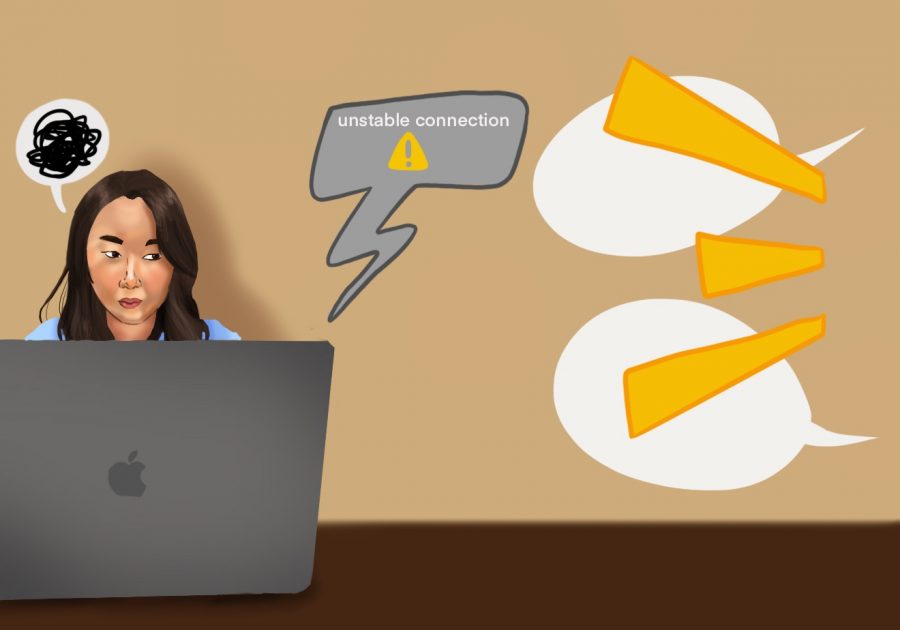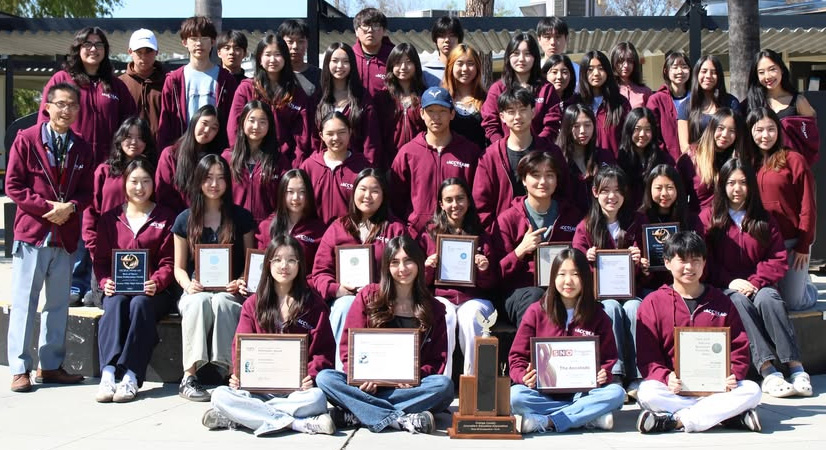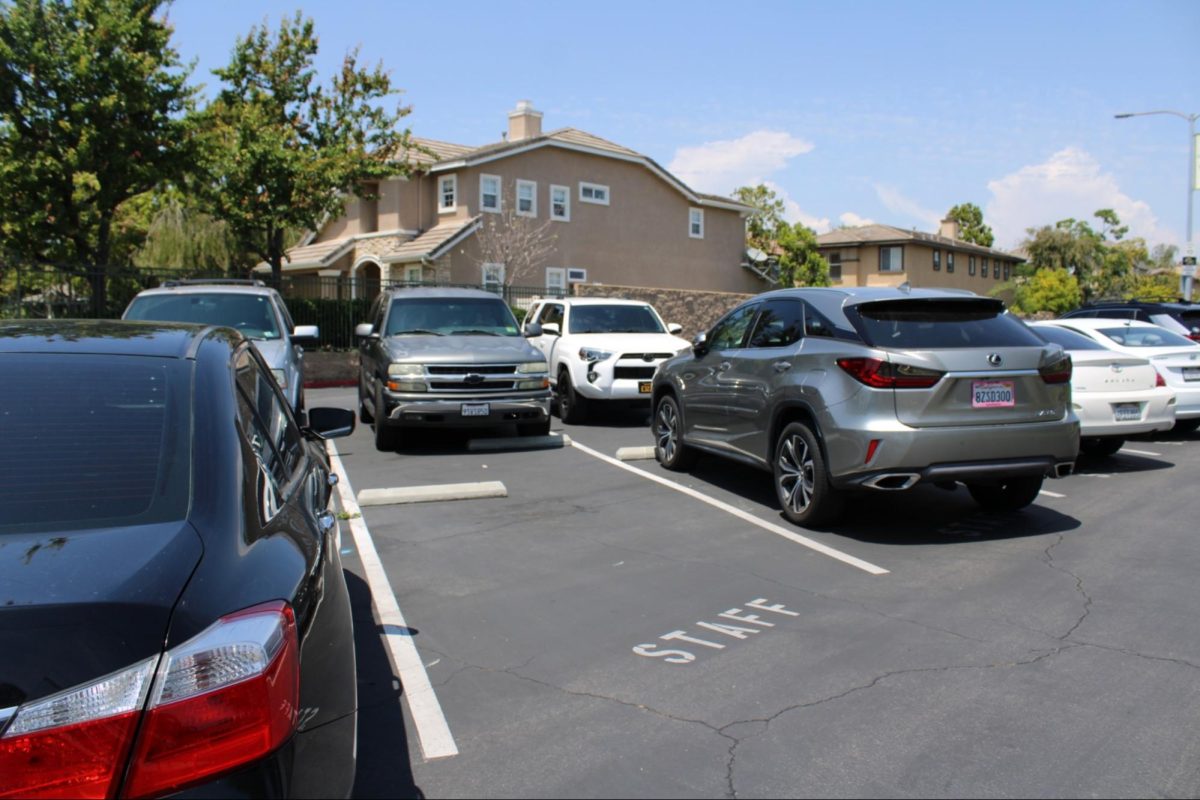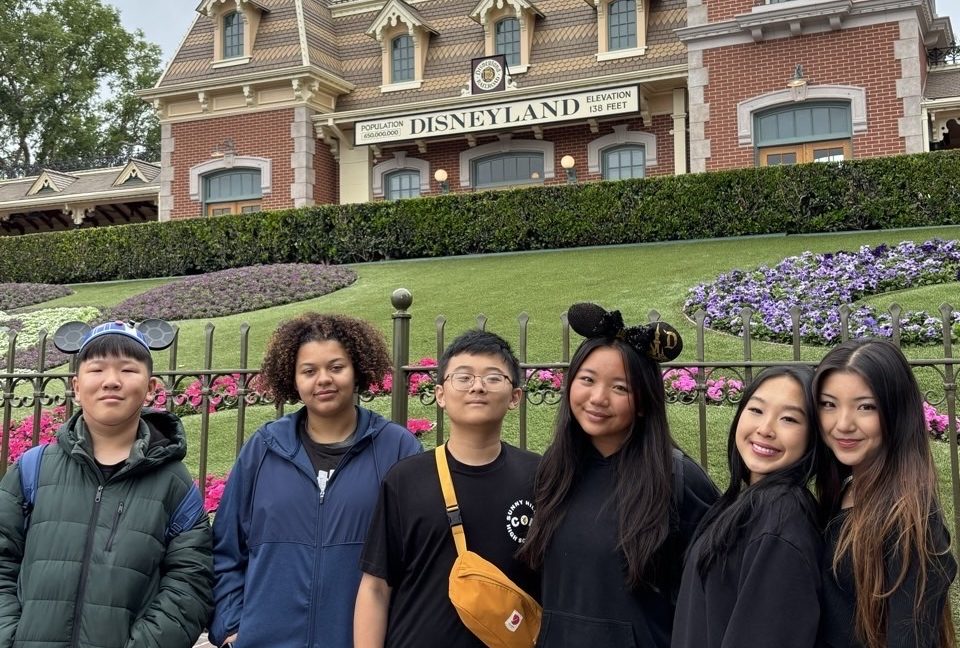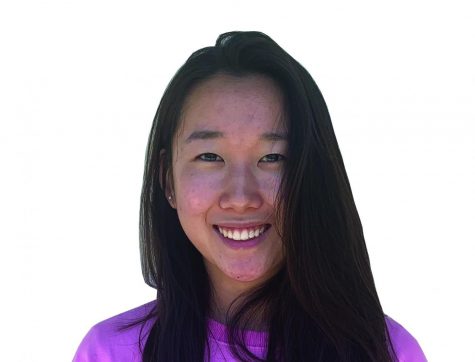When Fullerton Joint Union High School District board members voted to reopen schools on Oct. 6, distance learning will shift into what educators call “hybrid learning.” That means for Sunny Hills, it will offer two options to its students: Cohort A/B of hybrid learning and Cohort C of complete online education. Out of the two choices, I opted for the former, which would allow me to attend the same classes from the same teachers as my at-home peers, just on-campus for two days a week.
To clarify, I am a firm believer in the severity of COVID-19; my decision to go back to school isn’t because I’m downplaying the gravity of our current situation, but rather because my living situation fails to provide the most appropriate setting for me to learn effectively.
To start off, my current living situation doesn’t provide the optimal conditions for me to learn in and has actually led to conflicts between family members who occupied the same space as me.
I live with four others including myself in a small condo with two rooms; both my parents work from home because of the COVID-19 situation, and I share a room with my older sister, who attends her college classes in the same room as I’m in since her campus had also shut down.
Though I normally don’t mind the cramped quarters — something I got used to since the beginning of quarantine in mid-March — my sister and I ran into some trouble when we were both on Zoom calls for school.
In September, for example, my sister was taking a test for one of her classes while unmuted, a policy her behavioral neuroscience professor implemented to prevent cheating.
Unaware of her test-taking situation, I answered a teacher’s question assuming my sister’s microphone was turned off. For fear of potentially getting flagged for academic dishonesty, my sister shot me an intense glare, and it was only then I realized my sister was in the middle of taking an assessment. With only a few feet between our computers, it was extremely possible that my sister’s microphone could have picked up my voice.
Moments like these made me worried for future incidents, in which either my sister or I may potentially be accused of cheating on an assessment by communicating with others, and since I had an opportunity in joining Cohort A/B to get out of my sister’s way for two days a week, this was my chance to take it.
Besides that issue, my sister, my parents and I use the internet at once, which took a toll on our broadband, slowing down all of our connections. These problems with our home’s Wi-Fi and its connectivity to my Chromebook also served as a contributing factor to my final decision.
Especially in the beginning of the school year, I experienced severe complications with my Wi-Fi to the point — even after my parents upgraded our Wi-Fi connectivity — where I missed a few of my classes during the first week of school or could not hear my teacher’s lectures because of the extreme lagging. This caused me to miss important information about school work and was harmful to my education, so I attempted to solve this problem by borrowing a hotspot provided by the district during the second week of school.
However, even after connecting to my new hotspot, my Chromebook still proved to be too slow, and I was fortunate enough to borrow my father’s old laptop to attend my Zoom meetings instead.
But once I thought all my Wi-Fi issues were finally figured out, my teachers began requiring us to take tests and quizzes on our Chromebooks to prevent academic dishonesty; unfortunately for me, my time to take assessments got cut short from the long time it took to connect my Chromebook to my Wi-Fi.
When my lacking Wi-Fi connection disconnected me from my classes, I would then frantically text my friends in the same period asking if they could let the teacher know why I was absent for the Zoom calls. In other situations, I wrote emails to my teachers during class time to clarify the reason for my absence in order to clear any possible misunderstandings of me purposefully ditching class.
This proved to be detrimental to not only my grades, but also to my mental health; struggling to maintain a satisfactory GPA, dealing with connection issues and explaining my situation to all my teachers overwhelmed me.
According to an April article from the Journal of the American Medical Association, studies researching how the COVID-19 crisis affected the mental health of adolescents and adults have proved that the pandemic not only worsened pre-existing mental health conditions in students, but also disrupted the vital mental health services many students relied on; approximately 3 million American students received some sort of mental health service from a school setting, but as districts shut down, most of these resources became unavailable as well.
On top of that, some of my teachers became less lenient with their distance-learning policies. On the first day of school, one of my teachers informed us that we would only be allowed two excuses for technology issues. Knowing my sporadic Wi-Fi connection, this further contributed to my worries.
Seeing as joining Cohort A/B will only allow me to go to school in-person twice a week, I view this plan as a reasonable compromise for students like myself struggling with distance learning, while also attempting to limit the number of students on campus and keep everyone safe.
Though I still worry about my health and that of those around me, these concerns balance out when I compare them with the issues I have to deal with at home. So when our school reopens for hybrid learning on Nov. 2, I plan on attending my classes decked out in a mask and armed with sanitation wipes and hand sanitizers — all while maintaining a six-feet distance from my peers and teachers.
Nowadays, going back to school has become less of a matter of seeing my friends and favorite teachers, but an issue concerning my education and mental well-being. Though attending class in bed has been comfortable, it’s time we take the necessary steps forward to hopefully, one day return to a safer, coronavirus-free education.



